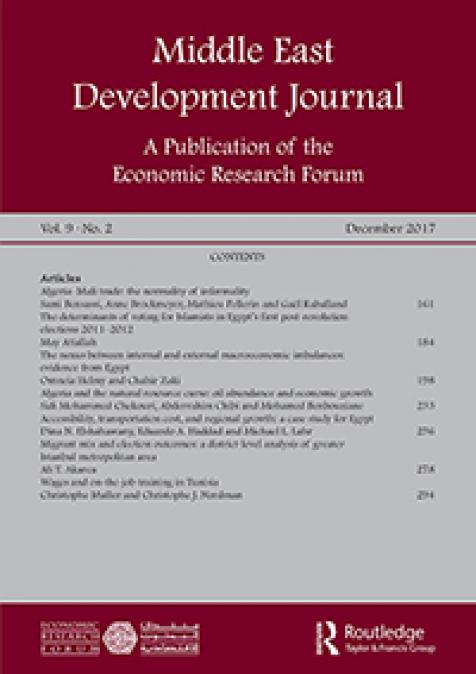Podcasts
Expérience du MERCOSUR en matière d’intégration régionale : quelles leçons tirer pour l’Afrique ?
21
May
2019
Related topics:
Pedro da Motta Veiga, Président du think tank brésilien CINDES (Centre des études sur l’intégration et le développement), nous fournit une analyse détaillée de l’expérience sud-américaine en matière d’intégration économique régionale. M. da Motta Veiga nous décrypte les points forts et les défis du MERCOSUR, pour ensuite nous fournir les principales leçons que pourrait en tirer le Continent africain.








